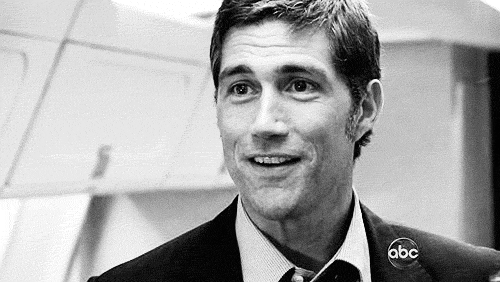I saw a show at Carnegie Hall on Friday. The band was The Lone Bellow, a really exciting group in the Mumford & Sons/Lumineers vein that’s just starting to get some national attention. The Carnegie Hall show was one of their biggest ever.
The band invited their family to the show. During a break between songs, they told the crowd that the first four or five rows were all family. The mandolin player, Kanene Pipkin, had her dad front and center, and he spent most of the set dancing and waving his arms and cheering.
The best moment of the show came during the encore. After the band had finished a song, the room went dead silent. And then we all heard the voice of Pipkin’s dad, turning around and loudly asking for one of his relatives.
“Dad,” Pipkin said, embarrassed, “we’re trying to play an encore here.”
It was one of the cutest things I’ve ever seen at a concert.
And it was also a really amazing reminder: Getting to a stage like that isn’t easy. The Lone Bellow began as a side project. They played shows to tiny crowds, and a few years into their existence, they still haven’t broken through to a huge audience.
But on the night they played Carnegie Hall, they chose to share the evening with the people who’d supported them and believed in them all along. We don’t always take time to celebrate the big moments and breakthroughs, but it was pretty amazing to see the band do just that on Friday night.
They’re a heck of a band. Here’s to many more big nights for you and yours.




